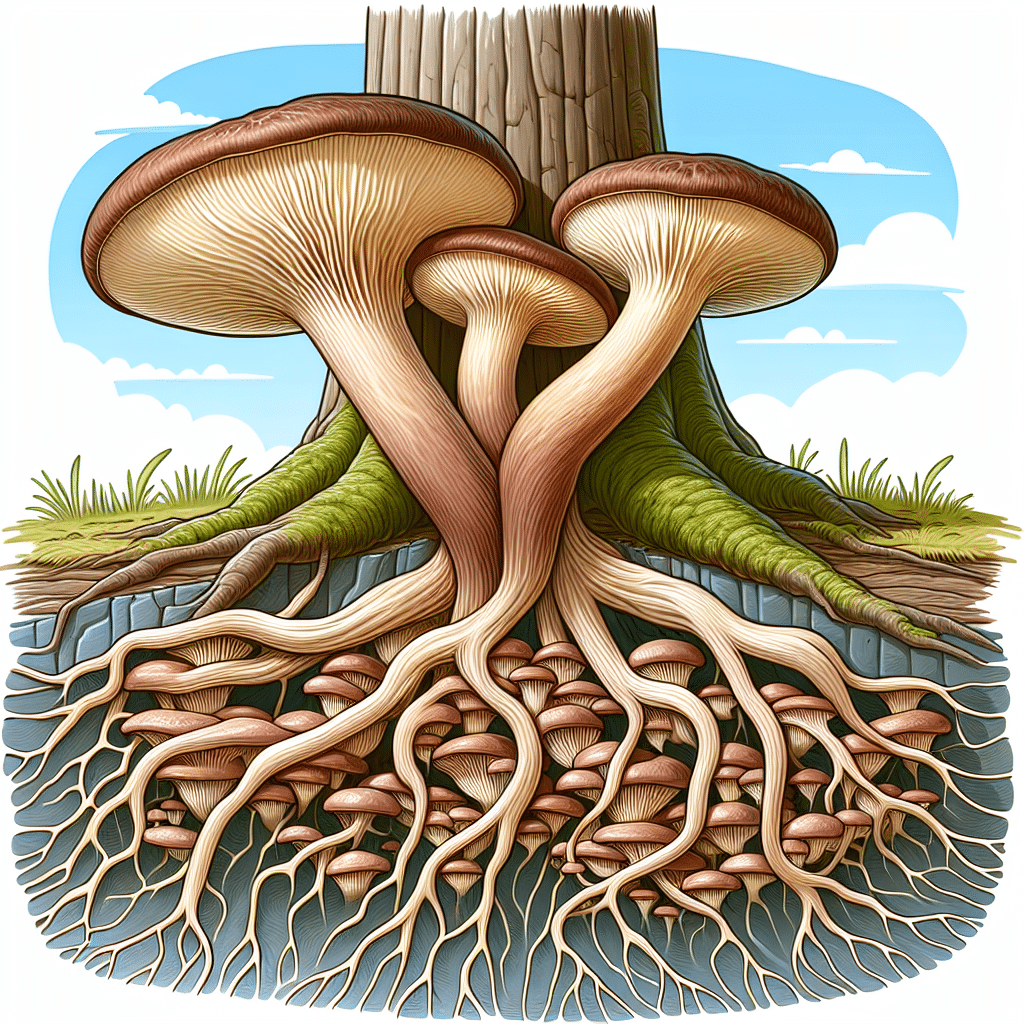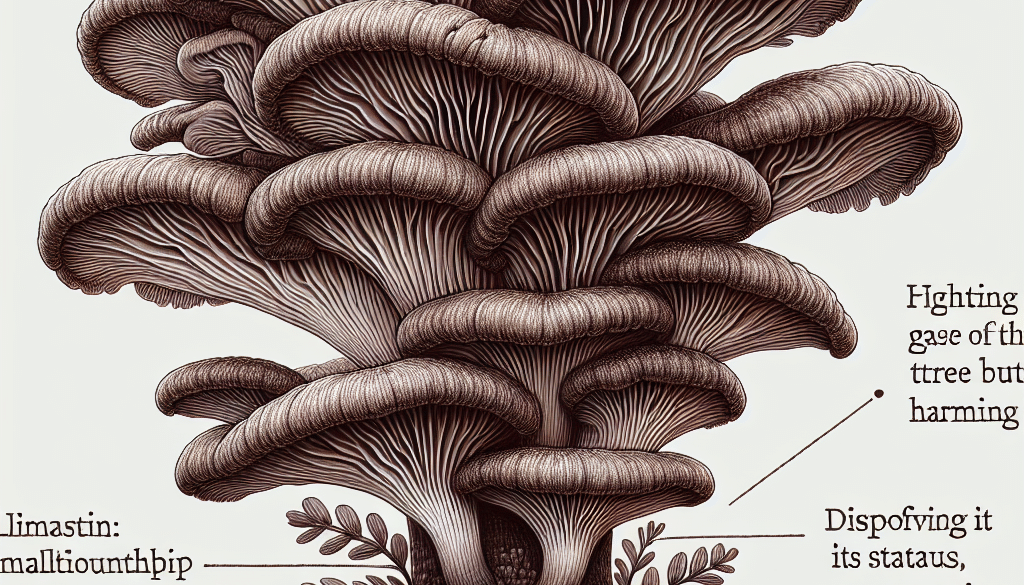Is A maitake a parasite?
-
Table of Contents
Maitake Mushrooms: Parasitic Fungi or Beneficial Organisms?

Maitake mushrooms, also known as Grifola frondosa, have been a subject of fascination and research due to their unique properties and potential health benefits. However, there is a common question that arises when discussing fungi and their interactions with other organisms: Is a maitake a parasite? This article delves into the nature of maitake mushrooms, their ecological role, and their relationship with host organisms to provide a comprehensive understanding of whether they should be classified as parasitic or not.
Understanding Maitake Mushrooms
Maitake mushrooms are a species of edible fungi that are native to China, Japan, and North America. They are known for their distinctive appearance, often resembling a cluster of dark brown and grayish fronds. Maitake has been used for centuries in traditional medicine, and recent studies have highlighted its potential health benefits, including immune system support and anti-cancer properties.
Ecological Role of Maitake
To determine whether maitake mushrooms are parasitic, it is essential to understand their ecological role. Fungi can be classified into three main categories based on their lifestyle: saprophytes, parasites, and mutualists.
- Saprophytes are decomposers that feed on dead organic matter, recycling nutrients back into the ecosystem.
- Parasites feed on living organisms, often causing harm to their hosts.
- Mutualists engage in symbiotic relationships where both the fungus and the host benefit.
Maitake mushrooms primarily fall into the saprophytic category. They are known to grow at the base of trees, particularly oaks, feeding on the dead and decaying matter. This process is crucial for nutrient cycling in forest ecosystems.
Is Maitake a Parasite?
The short answer is no; maitake mushrooms are not considered parasites. While they do form relationships with living trees, they typically colonize the tree after it is already weakened or dying. Maitake mushrooms do not actively invade healthy trees to cause disease or death. Instead, they play a vital role in breaking down the tough lignin and cellulose in wood, which many organisms cannot digest.
Benefits of Maitake Mushrooms
Far from being harmful parasites, maitake mushrooms offer several benefits to humans and the environment:
- Health Benefits: Maitake mushrooms contain beta-glucans, which have been shown to stimulate the immune system and may have anti-tumor effects.
- Environmental Benefits: As saprophytes, they help decompose dead trees, enriching the soil with nutrients and supporting forest health.
- Culinary Uses: Maitake mushrooms are highly prized for their rich, umami flavor and are used in various culinary dishes.
Case Studies and Research
Several studies have investigated the properties of maitake mushrooms. For instance, research published in the “Journal of Medicinal Food” has shown that maitake extracts can modulate the immune system and may have potential as an adjunct therapy in cancer treatment. Another study in the “Annals of Translational Medicine” highlighted the potential of maitake mushrooms to improve insulin resistance, suggesting a role in managing type 2 diabetes.
Conclusion: Maitake Mushrooms as Beneficial Organisms
In conclusion, maitake mushrooms are not parasites but beneficial organisms that contribute to the health of ecosystems and offer potential health benefits to humans. Their role as saprophytes is essential for nutrient cycling in forests, and their medicinal properties are an area of ongoing research and interest.
Discover ETChem’s Protein Products
If you’re interested in the health benefits of proteins, including those found in mushrooms like maitake, consider exploring ETChem’s range of protein products. ETChem is a leading manufacturer and supplier of high-quality collagens, catering to various industries and providing comprehensive protein solutions for your needs.
About ETChem:
ETChem, a reputable Chinese Collagen factory manufacturer and supplier, is renowned for producing, stocking, exporting, and delivering the highest quality collagens. They include marine collagen, fish collagen, bovine collagen, chicken collagen, type I collagen, type II collagen and type III collagen etc. Their offerings, characterized by a neutral taste, instant solubility attributes, cater to a diverse range of industries. They serve nutraceutical, pharmaceutical, cosmeceutical, veterinary, as well as food and beverage finished product distributors, traders, and manufacturers across Europe, USA, Canada, Australia, Thailand, Japan, Korea, Brazil, and Chile, among others.
ETChem specialization includes exporting and delivering tailor-made collagen powder and finished collagen nutritional supplements. Their extensive product range covers sectors like Food and Beverage, Sports Nutrition, Weight Management, Dietary Supplements, Health and Wellness Products, ensuring comprehensive solutions to meet all your protein needs.
As a trusted company by leading global food and beverage brands and Fortune 500 companies, ETChem reinforces China’s reputation in the global arena. For more information or to sample their products, please contact them and email karen(at)et-chem.com today.




